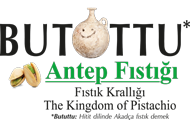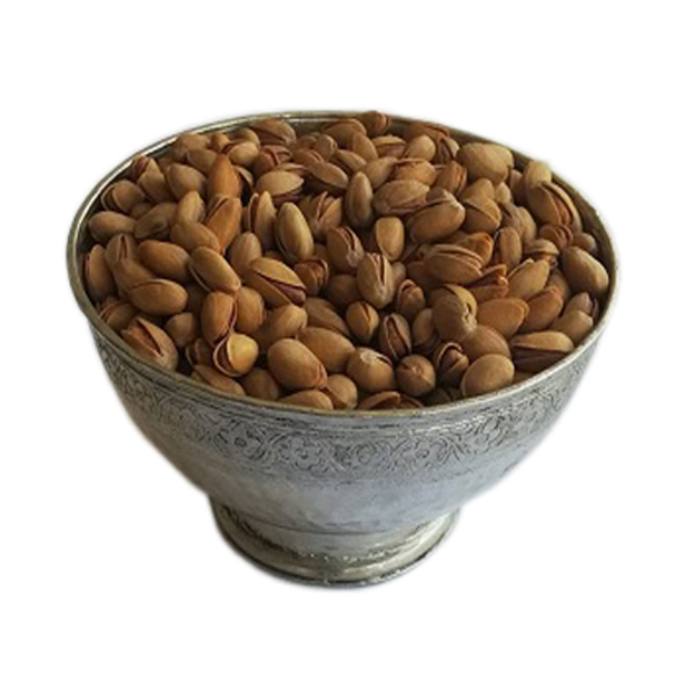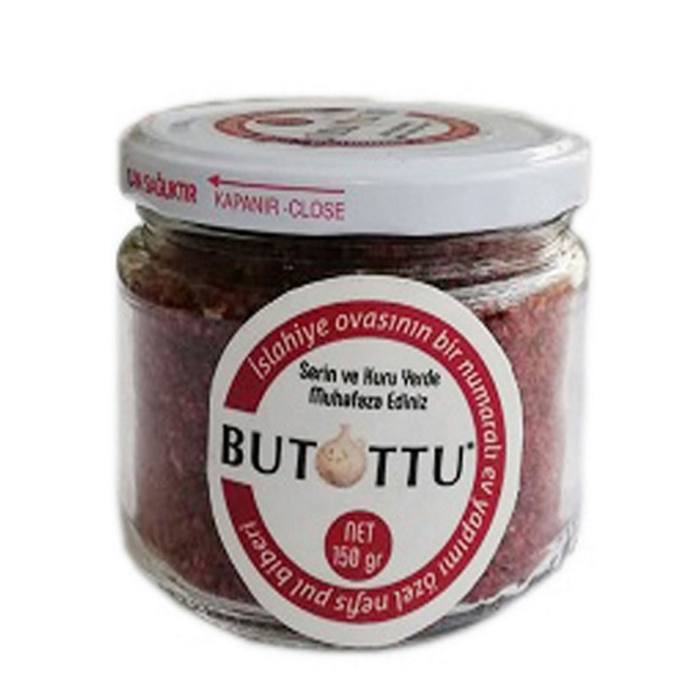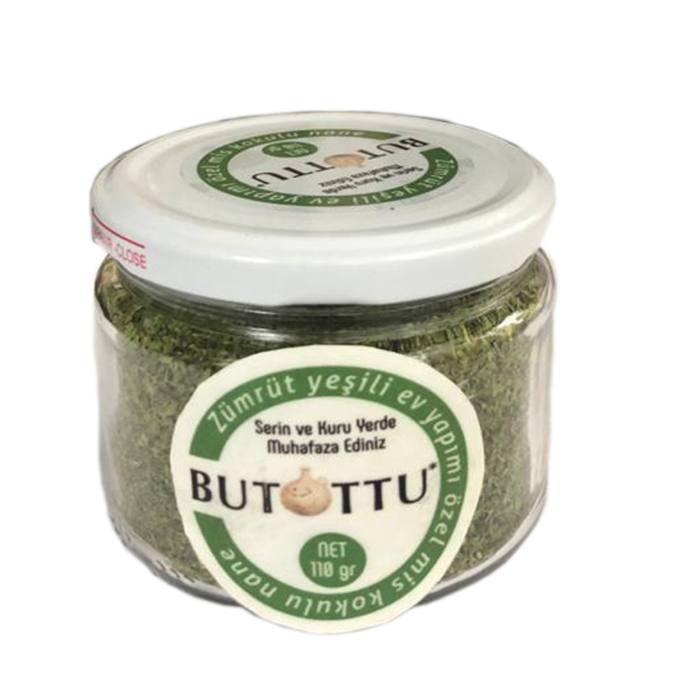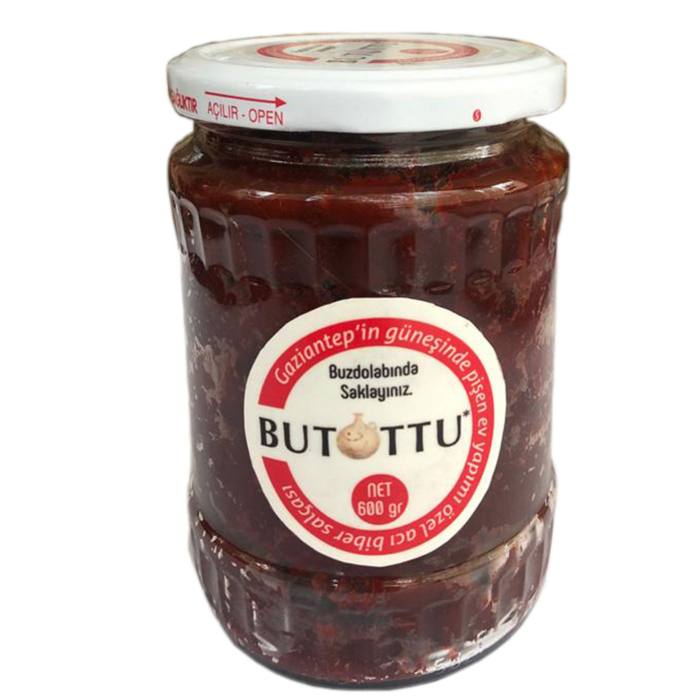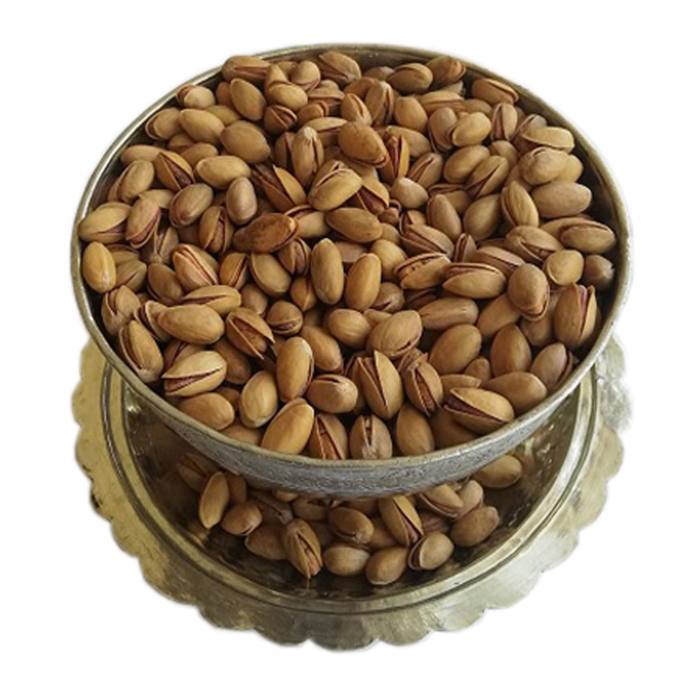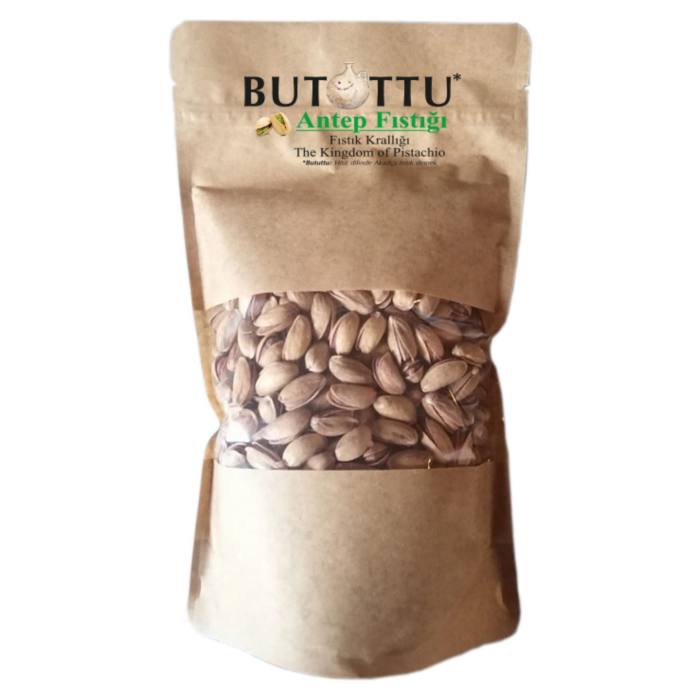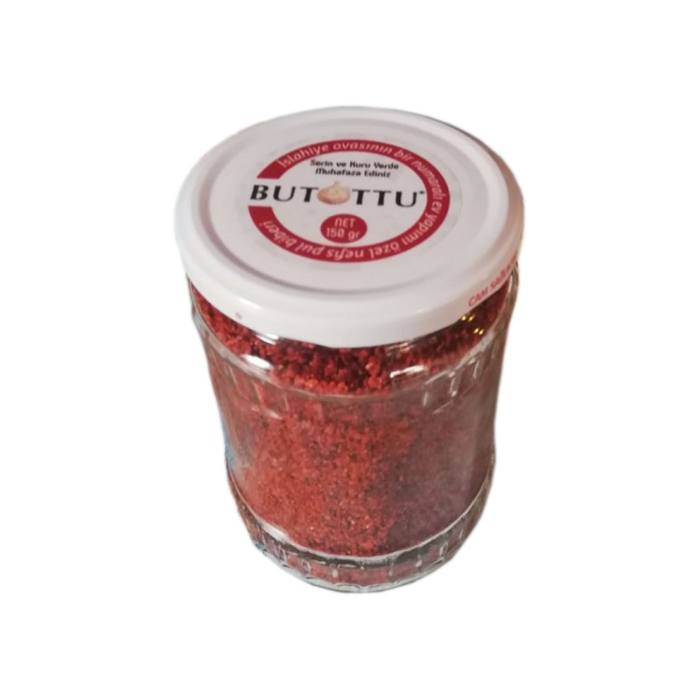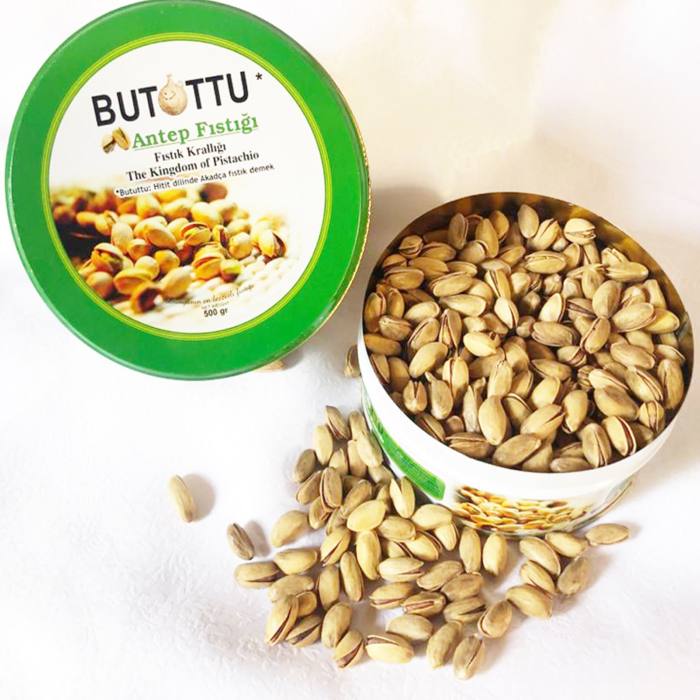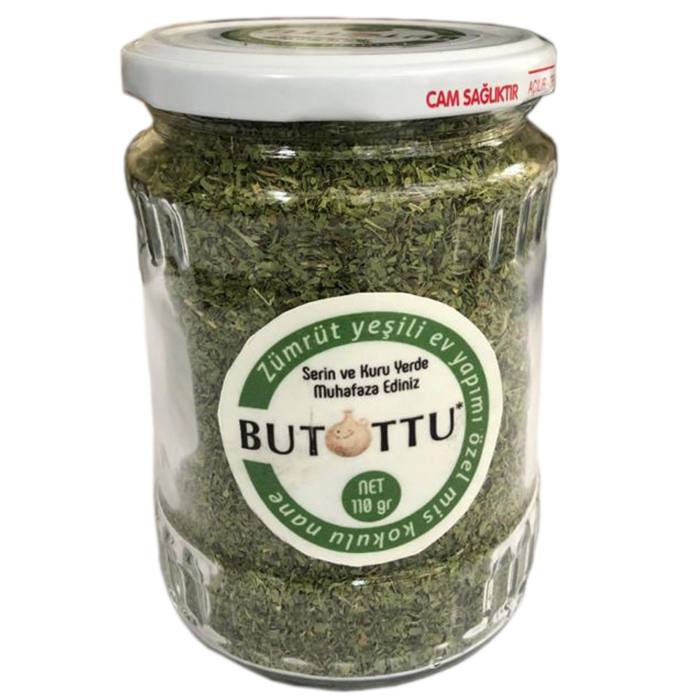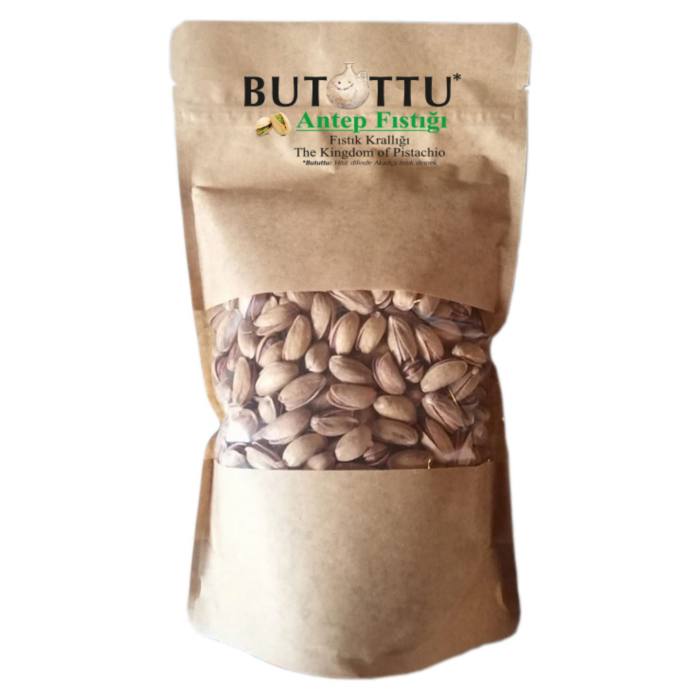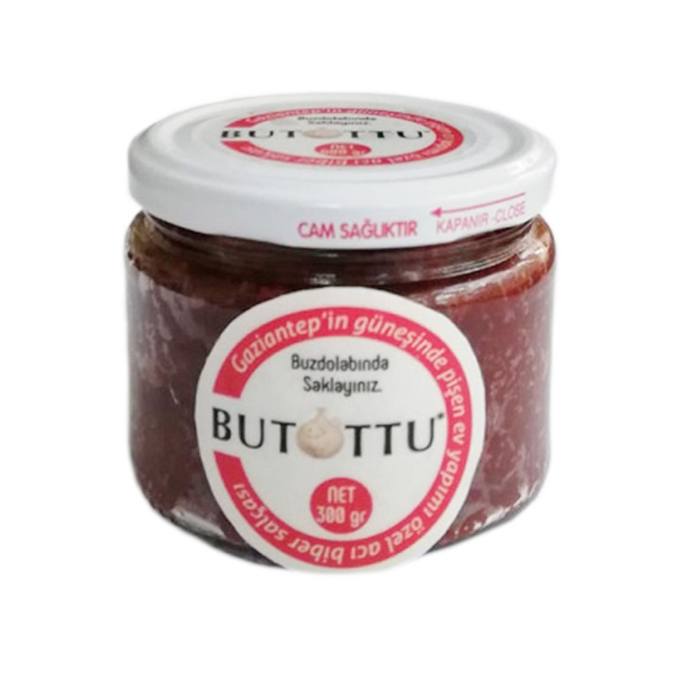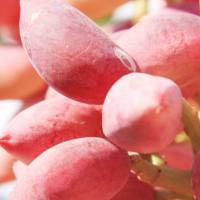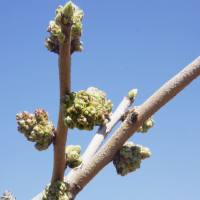Popular Products
The peanut war between the US and Iran
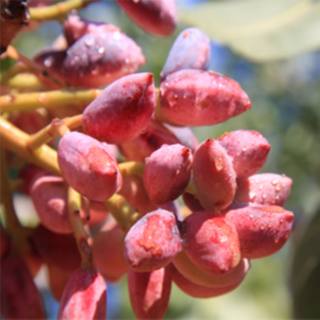 The USA and Iran dominate the world peanut trade. In the last decade, it collectively controls 70-80 percent of its annual output.
The USA and Iran dominate the world peanut trade. In the last decade, it collectively controls 70-80 percent of its annual output.
The international peanut trade has faced unexpected fluctuations due to tensions between Iran and the United States.
The global peanut industry is an important multi-billion dollar industry. It's growing in popularity.
For the past four decades, Iranian peanut growers have been under pressure from sanctions, tariffs, and restrictions on their ability to access international financial instruments. Although pistachios are not on its own list of approved products, global banking restrictions have made trading difficult for Iranian farmers.
Everything changed with the Joint Framework of Action (JCPOA) formally in 2016 following the Iran nuclear deal.
This agreement with the United States and its allies lifted sanctions. Thus, it was not only Iranian oil that returned to the international market, but also peanut exports began to enter foreign markets.
Trump threat
US President Donald Trump described this agreement made by his predecessor as the 'worst deal' the US has ever made. Trump said in early October that he did not approve the deal. The US Congress will decide whether Iran complies with the terms and whether the US will continue with the deal.
President Trump, in his speech announcing the agreement's decision to "make Iran's dictatorship a political and economic lifeline", said that it could not prevent Iran's "development of nuclear weapons" move.
Hodja Hasan Sadi, President of the Iranian Pistachio Union, said that the abolition of the agreement means the return of an unfair and unfair competition for Iranian pistachios.
The pistachio industry in Iran dates back thousands of years. In contrast, pistachio cultivation in the United States began in the 1930s with Iranian seedlings.
The U.S. boom in commercial peanut farming came after it imposed sanctions on Iran over the 1979 hostage crisis. For decades after that, restrictions on companies' access to international financing, even in countries where pistachios are popular, made it difficult for the pistachio industry to flourish.
During this time, farmers' cultivation of peanuts in the U.S. market, primarily in California, expanded greatly.
But in 2014, peanut prices skyrocketed when hot and dry weather conditions cut the peanut harvest in half. This created an opportunity for Iranian peanuts.
price competition
The price of peanuts has been increasing since 2002. Richard Matoian, Director of American Peanut Producers (APG), describes this as being conscious of the increasing global demand for healthy snacks.
Increasing demand in China played an important role in the growth of the industry. Between 2008 and 2013, US peanut exports to China increased by 146 percent, according to APG.
The biggest advantage of Iran in global trade is its location. As a matter of fact, Motian said: "Iran has a transportation advantage, it can take the markets out of the hands of the USA, China is an example of this."
However, Iranians claim that their real advantage is that the pistachio they produce is much tastier than the American pistachio, as Europeans admit. They describe their disadvantages as "thirst". In fact, they attribute the main reason why peanut production did not increase as much as they would like.
Meanwhile, Iran stated that pistachio is a different breed and its taste is different.
The USA completely excluded it from its market because it imposed a 241 percent tax on Iranian peanuts. On this occasion, I had the opportunity to write another truth.
You know, when they say Iran, the world's largest peanut producer, here is Iran's statement: "Iran's peanut industry ranks second in the world after the strong US season in 2016."
The rapidly increasing number of peanut fans around the world are consuming peanuts from Iran and the USA with admiration.
The US and Iranian battle over the pistachio nut trade. By Zoe Thomas
BBC Business reporter, New York
Pistachios grow best in arid climates. It is very tasty, but the product is small and scarce.

 Türkçe
Türkçe